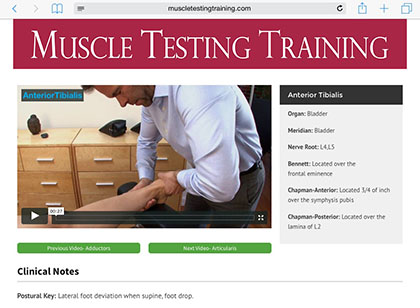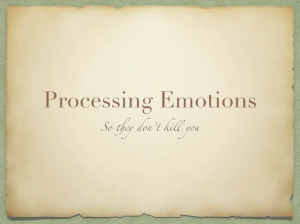Muscle testing success
I couldn’t think of working in my holistic health practice without using Applied Kinesiology muscle testing. I had a beautiful cultured woman in her 60s come in for low back pain and anxiety. She has been to many other medical and alternative medicine doctors. She must of been taking about 20 different pills and products a day including vitamins, homeopathies, herbal tinctures, hormones, and pharmaceutical medications.
Chronic low back pain is never just back pain
This woman fell into a pot hole while crossing the street one day. She hurt her knee and low back (sacroiliac joint). She has been dealing with this issue for over a year. Going to a chiropractor regularly for pain maintenance. But the pain was not going away. When I used muscle testing to examine the muscles that stabilize her knee and low back I was convinced that the chronic pain was due to an endocrine gland problem.
Anxiety and nervous tension
This adorable lady also suffered from anxiety. She had several reasons for this including childhood abuse, failed relationships, unemployment, pituitary gland problems, Hashimoto’s thyroiditis, leaky gut syndrome, environmental sensitivities, toxicity, food allergies and sensitivities.
Sometimes it’s not all that complicated… but the machine makes it complicated.
I treated her twice and each time she would feel better for a day or two but then the anxiety, nervous tension and low back/knee pain would return. I was convinced the thyroid medication that she was taking was causing her problem. I told her to go back to her medical doctor and or Naturopath to change the type of medication that she was taking and to adjust the dose.
A week or so later she called to tell me that her medical doctor looked at her blood work and told her that the medication and dose she was taking was fine. They offered to reduce the dose by a small amount. I insisted that she needed to change her medication and be on a lower dose. I had her go to her Naturopath and he went along with what her medical doctor said and put her on some more homeopathies for her anxiety. She still in distress with anxiety and nervous tension.
She called me to tell me that she made an appointment with a top endocrinologist in town but it’s going to take a month to get into see them. She also made an appointment with a Naturopath who was a student of a doctor that wrote a book on Hashimoto’s Thyroiditis (which she was convinced that she had) but it was going to take a few weeks to get into see them. I still felt that it was much simpler than that.
I talked to a fellow Applied Kinesiology doctor who is a Naturopath, Dr. Carlotta Watson. Dr. Watson muscle tested the woman and decided to change her medication from Synthroid to a Naturothroid and to put her on a lower dose. The woman now feels better, and so do I thanks to muscle testing!
Muscle Testing, A gold standard of diagnosis
When the previous doctors were using the patient’s blood work and their education for diagnosis they were failing. The only solution was to look into more and more complicated or rare possibilities. Then this patient started to become the labels that they were putting on her. Then she started researching these labels on her own and started self medicating with natural supplements, seeking out specialists in these areas, and failing. She simply needed a different form of medication and a lower dose. With my clinical experience and intuition I knew what the problem was.
Muscle testing, when combined with other forms of diagnosis, becomes a gold standard. I couldn’t imaging practicing without it. A doctor’s mind is not the authority of what a person needs, Nor is a blood test, or pulse point diagnosis, or tongue examination, or iridology, etc… They can all show you there is a problem or not. But with a good experienced doctor using muscle testing, you can find the cause, the root, the origin of the patient’s problem. And it’s usually not something so exotic.
Dr. Robert Ciprian’s private practice Click Here.
Learn Applied Kinesiology Click Here.
Like this:
Like Loading...











